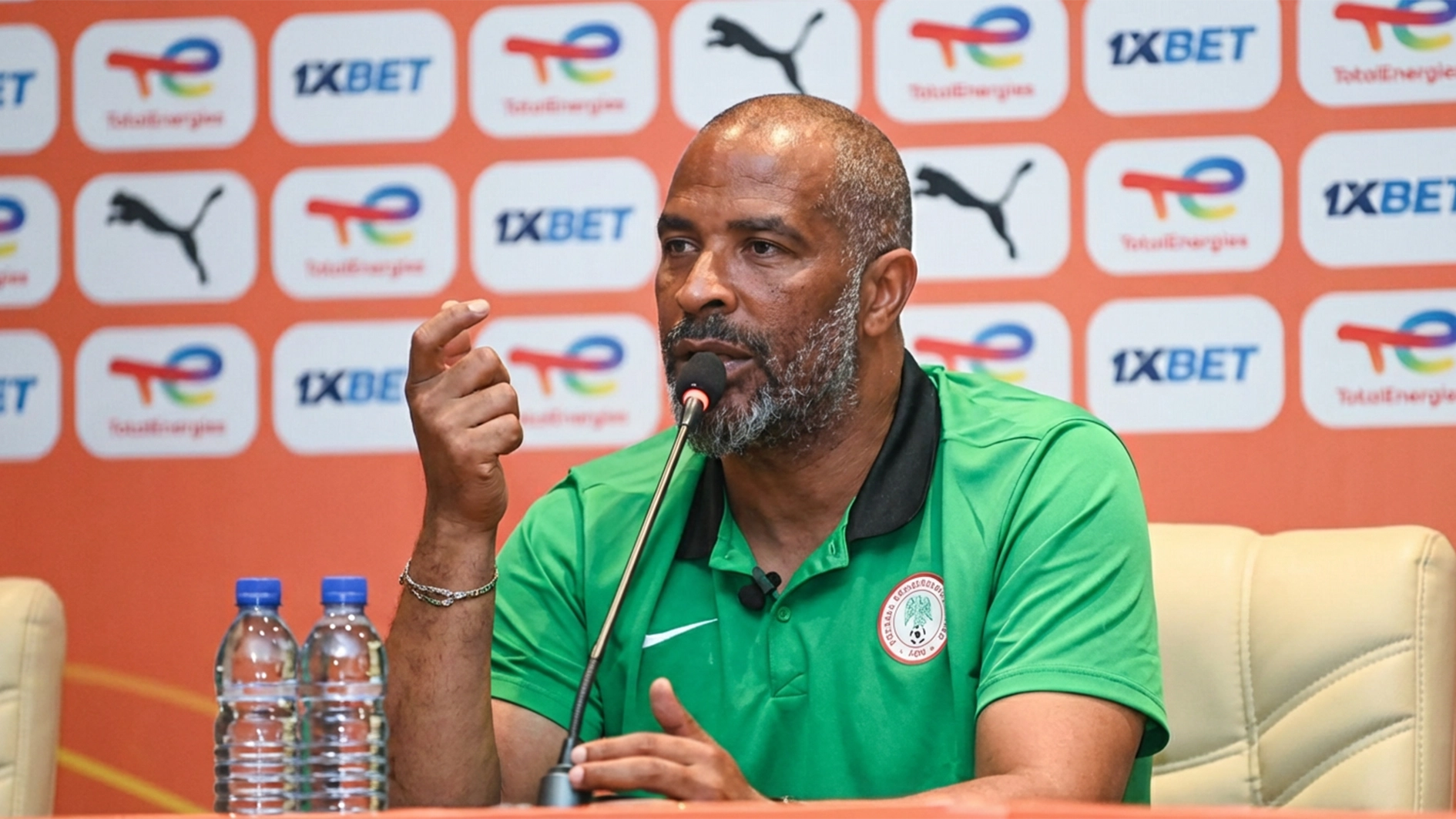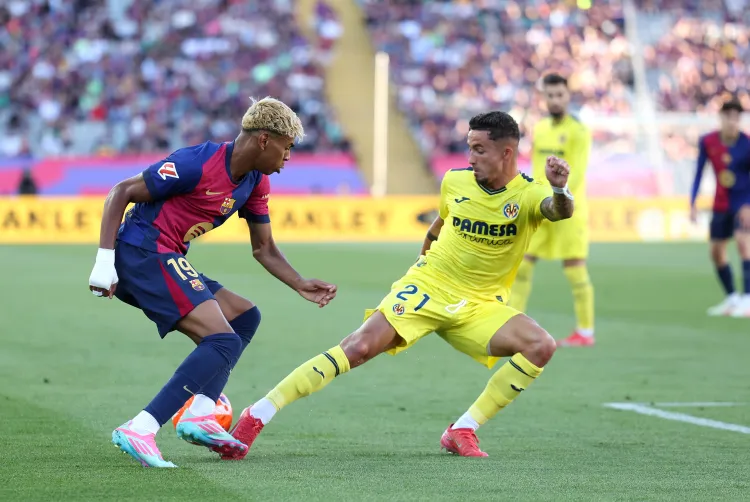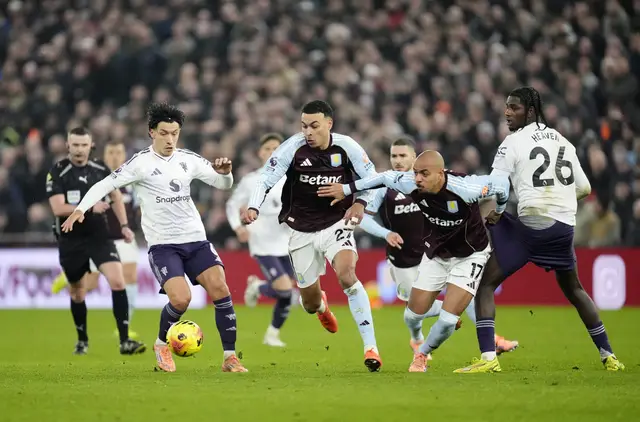
The ballot saw Prime Minister Frank Bainimarama, the former military chief who led a bloodless takeover of the government 12 years ago, face off against another coup leader, Sitiveni Rabuka of the SODELPA Party.
Bainimarama’s FijiFirst Party went into the election heavy favourites, polling 68 percent, but early results indicated the contest was tighter than predicted.
FijiFirst had 50.37 percent of the vote with 387 of 2,170 polling stations counted, ahead of SODELPA on 40.19 percent.
An election winner is unlikely to be known for four or five days as votes trickle in from polling stations on the archipelago’s more remote islands.
Bainimarama, 64, who won a landslide with almost 60 percent of the vote at the last election in 2014, has promised stability and an end to the “coup culture” that saw four governments toppled between 1987 and 2006.
Rabuka, who staged two coups in 1987 and led the country from 1992-99, was only cleared to run in the election on Monday after defeating corruption charges that government critics said were politically motivated.
Torrential rain forced the closure of 23 polling stations and affected turnout among the 550,000 registered voters in the nation of 920,000.
“With numbers still coming in, it looks like we may be facing low voter turnout,” Elections Supervisor Mohammed Saneem said as he declared polling had ended.
“The weather was persistent in terms of rain all day and we had to close a few of the polling venues due to accessibility issues.”
‘Ignore coup rumours’
Given the backgrounds of both major candidates, there have inevitably been rumours one of the election’s major players could try to stage a coup if the vote does not go their way.
However, police commissioner Sitiveni Qiliho said in the lead-up to the election that 2,000 officers were on duty to ensure there was no unrest.
“I want to reiterate again to all Fijians, forget the rumours,” he told reporters.
“We are in control of the security situation here, go out and vote for the government you want. We will provide you with security you need.”
Speaking on the streets of the capital, voter Ravai Vafoou said there was no appetite for another coup among the general public.
“Whether the party you voted for wins or not, the general notion is that as Fijians we will support whichever party forms the government,” he said.
FijiFirst’s supporters say it has helped heal racial divisions by introducing equal rights for Indian-Fijians, a sizable minority brought in to work on sugar plantations during British colonial rule.
It has also overseen a prosperous period for the tourism-driven economy, which is growing by more than three percent a year.
Initially branded a dictator by regional powers such as Australia and New Zealand, Bainimarama has gained international acceptance since the 2014 election.
He has campaigned on the global stage for climate change action, chairing the UN’s COP 23 talks on global warming and highlighting the plight of island nations threatened by rising seas.
However, Amnesty International says Bainimarama’s government is yet to fully restore freedoms that were suspended for several years after the 2006 coup.
“Since the last general elections in 2014, the human rights situation in Fiji has remained under attack,” it said ahead of the vote, pointing to police brutality, curbs on freedom of assembly and media, as well as persecution of rights advocates.
SODELPA is the largest of the five opposition parties, winning 28 percent of the vote in 2014.
[ad unit=2]






